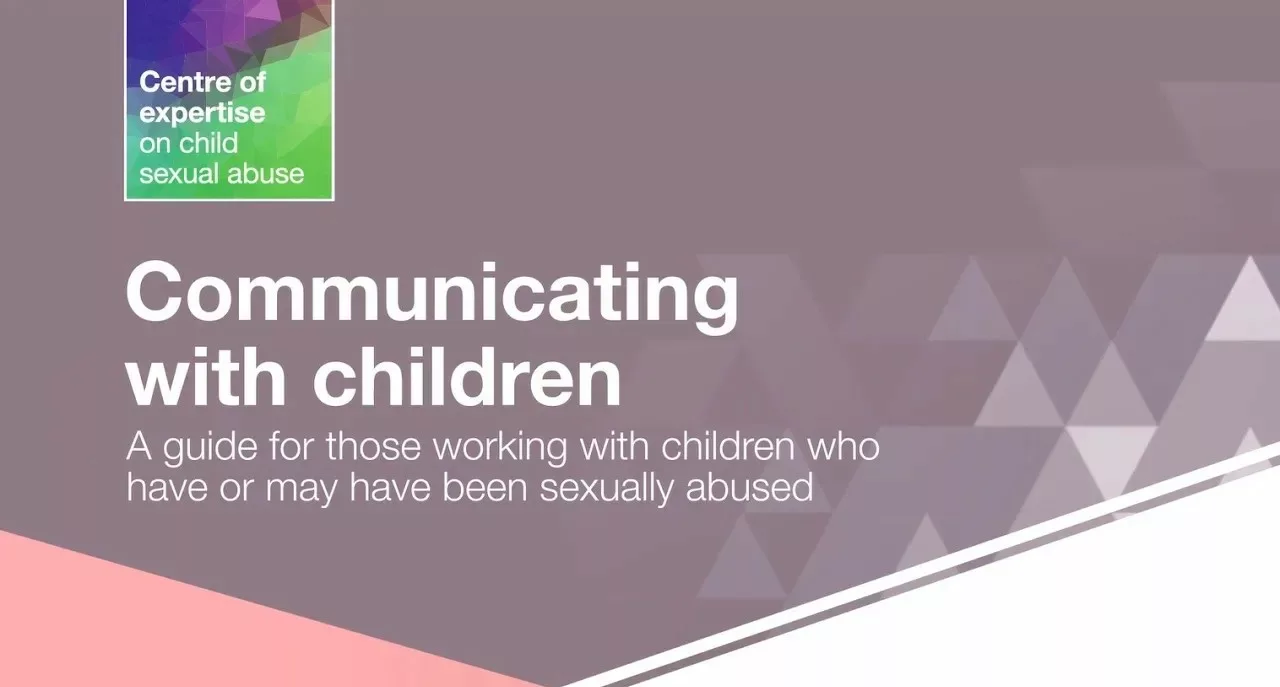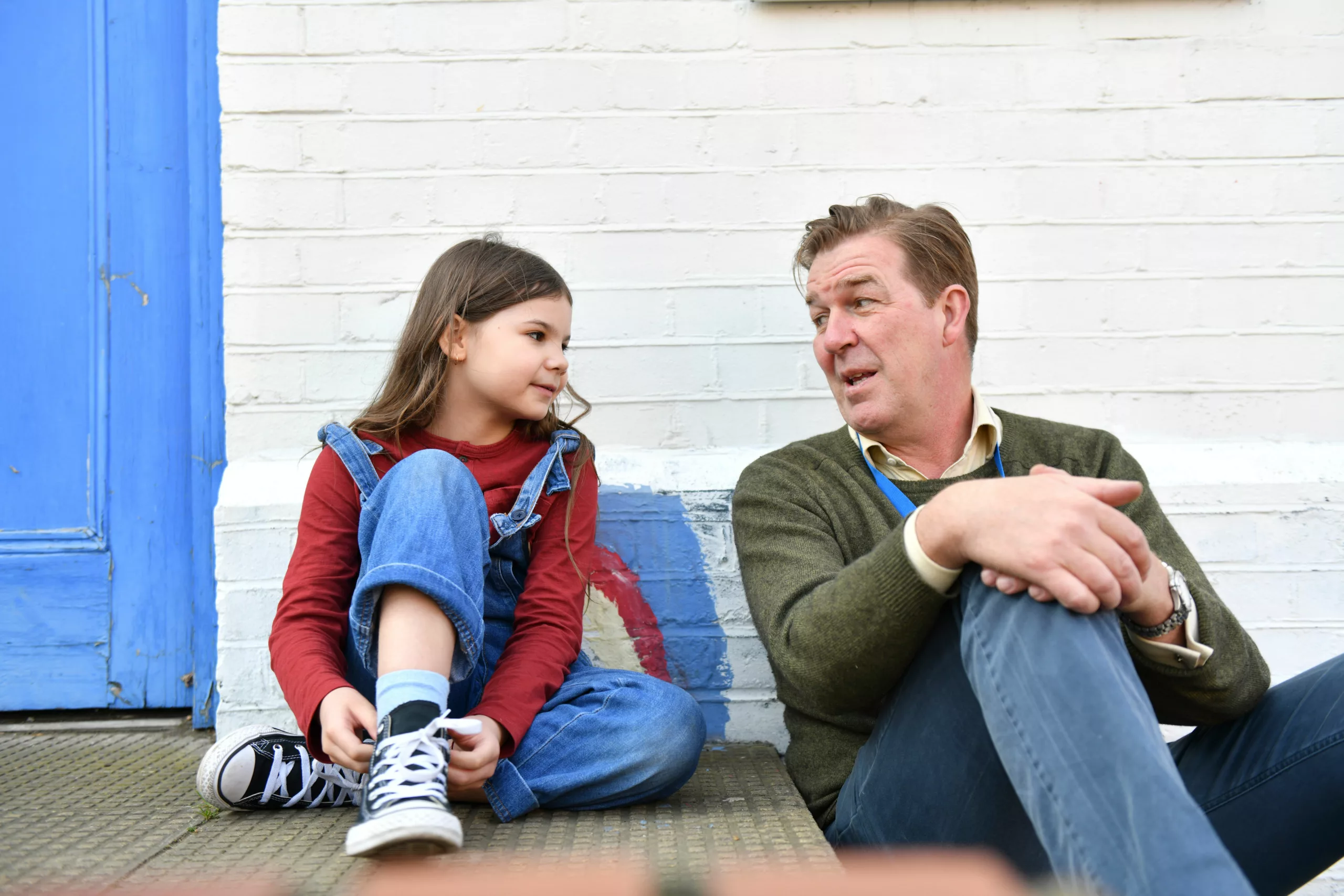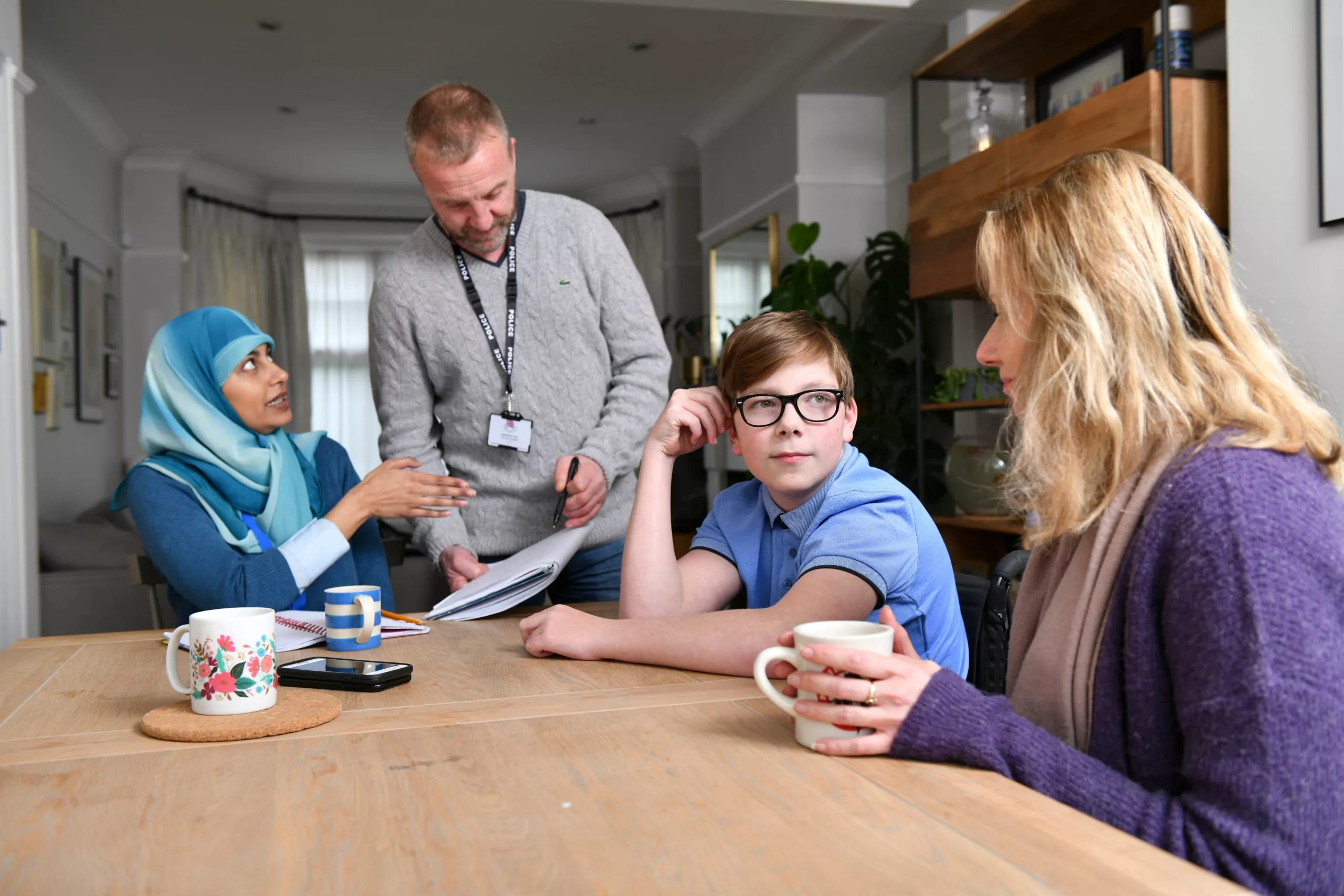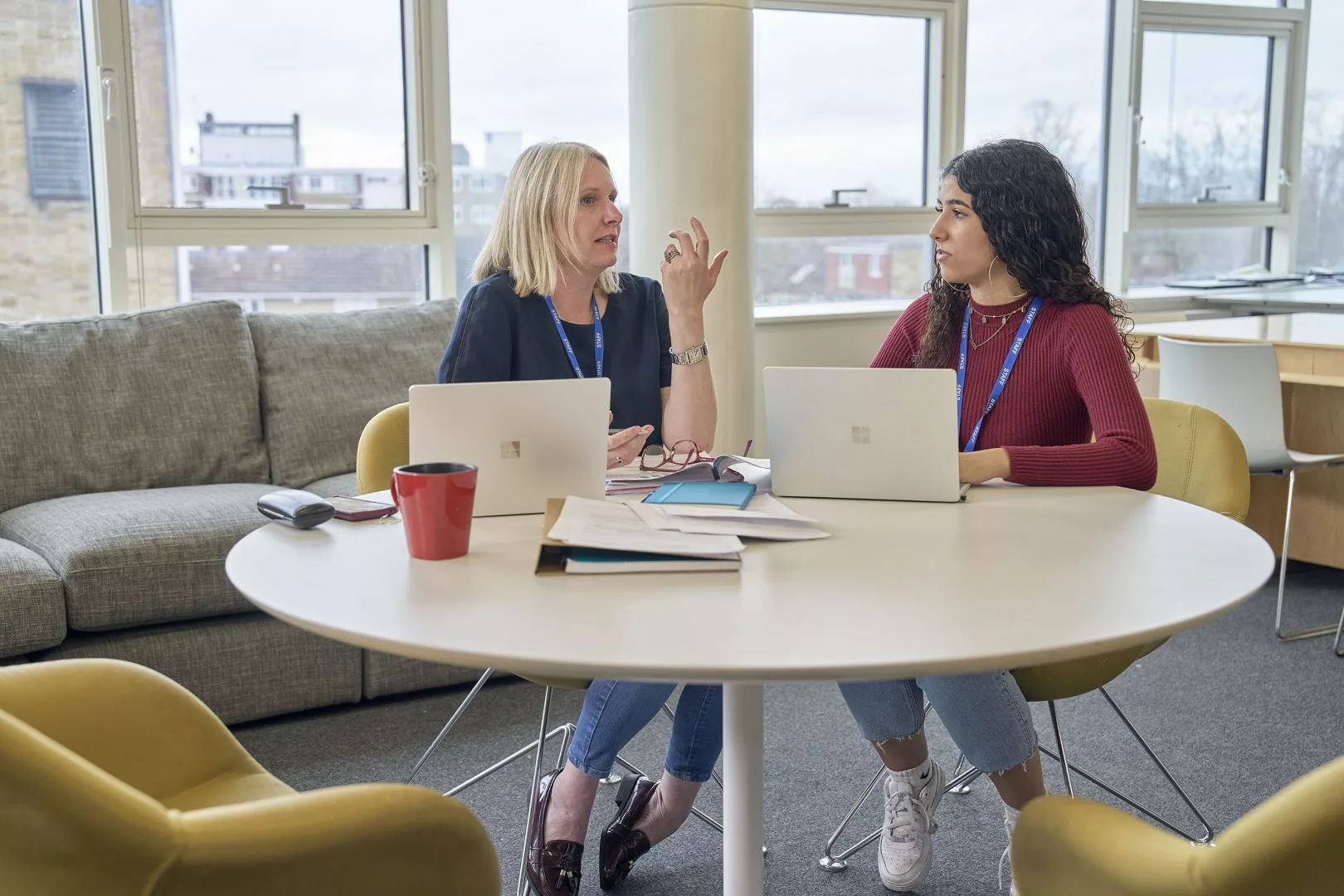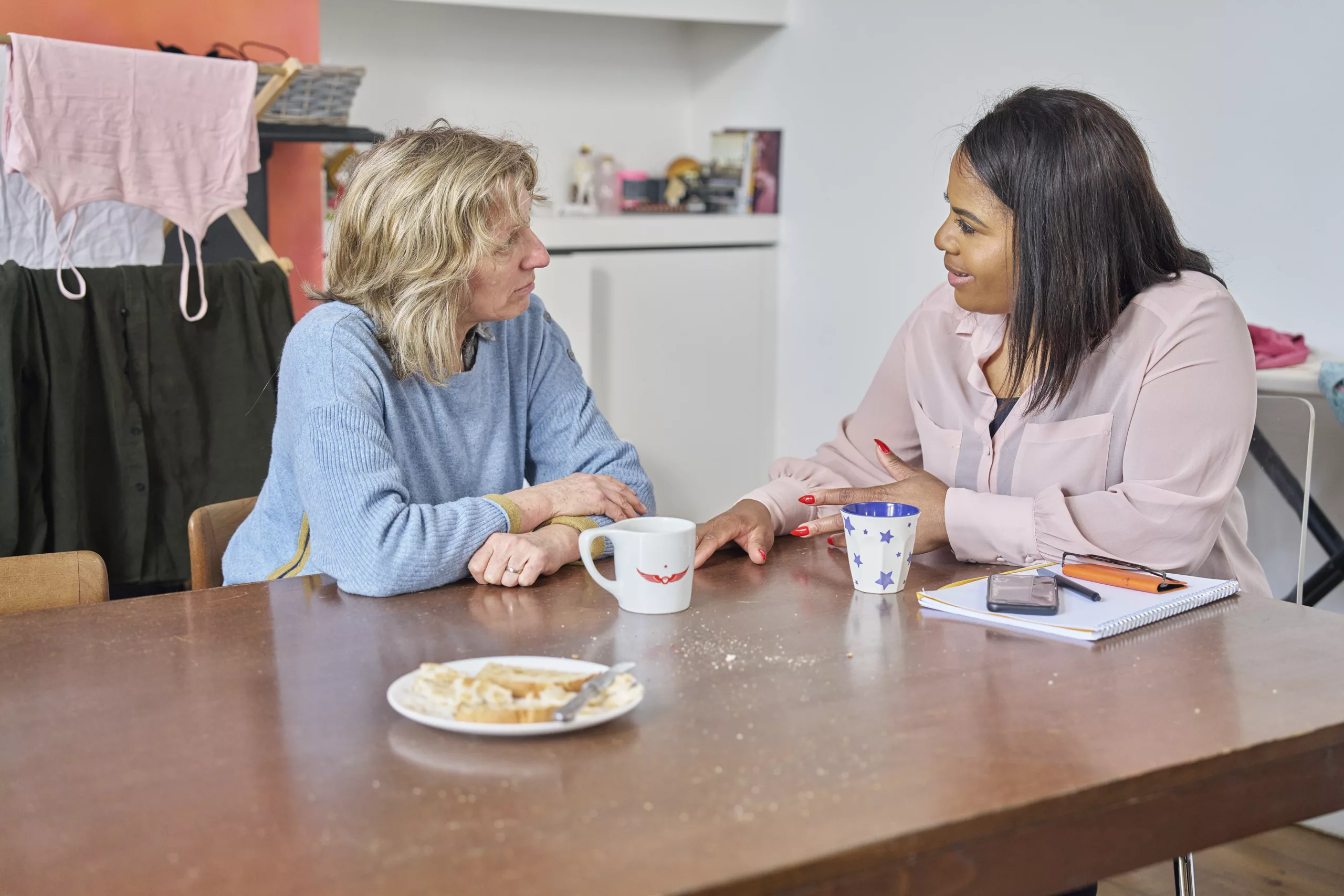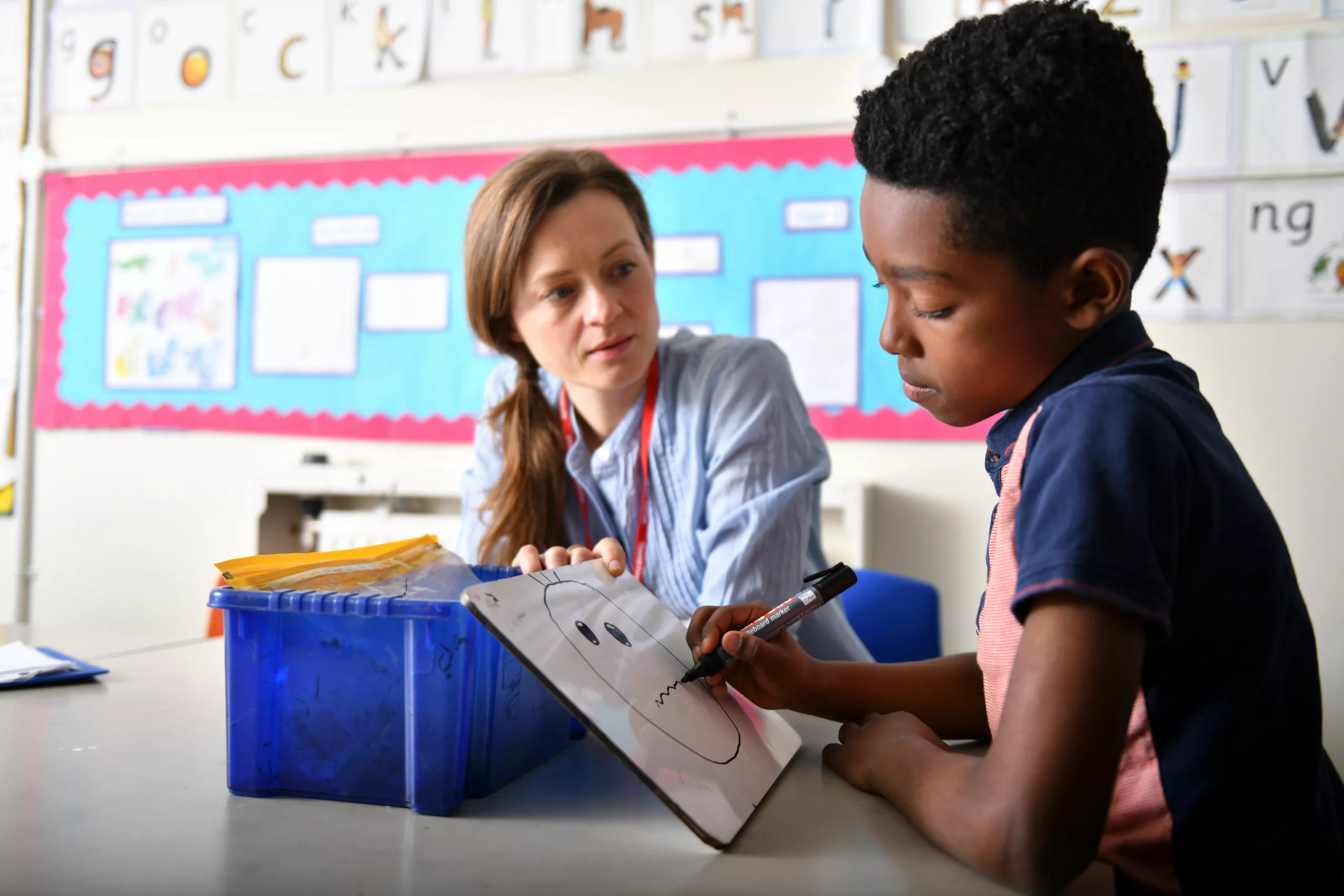
Communicating with children guide
To give professionals the knowledge and confidence to speak to children about sexual abuse.
How can this resource help you?
Research and practice show that it can take years for a child to feel able to tell someone about sexual abuse.
We estimate that 500,000 children will experience some form of sexual abuse each year in England and Wales, meaning far more children are sexually abused than services currently identify. Children face a number of barriers in communicating about sexual abuse, such as feelings of fear, shame, guilt and responsibility, not having the language to communicate their concerns, or not recognising what has happened to them as abuse.
All children can communicate, and it is vital that the adults around them learn how to listen, understand and support them when they are concerned about sexual abuse.
The Communicating with children guide gives all people working with children guidance in talking about child sexual abuse, explaining what may be going on for children when they are being sexually abused; what prevents them from talking about their abuse; and what professionals can do to help children communicate what is happening. It brings together research, practice guidance, and expert input – including from survivors of abuse – to help give professionals the knowledge and confidence to act.
Download, read and share today
Our Communicating with children guide has been updated for 2025. Download the new edition to find essential guidance on how to support children with a variety of different communication needs, to help you provide more children with the opportunity to communicate what happened to them.
You can find the original 2022 version of the guide on our publications list.
Find out more:
Children will communicate with the adults that they know and trust the most, not necessarily those in specific safeguarding roles, and it’s therefore vital that all professionals are able to have that initial conversation. Watch the video to hear from our Deputy Director, Anna Glinski on how this guidance can help support you in building your confidence in speaking to children, and that all professionals working with children do have the skills.

